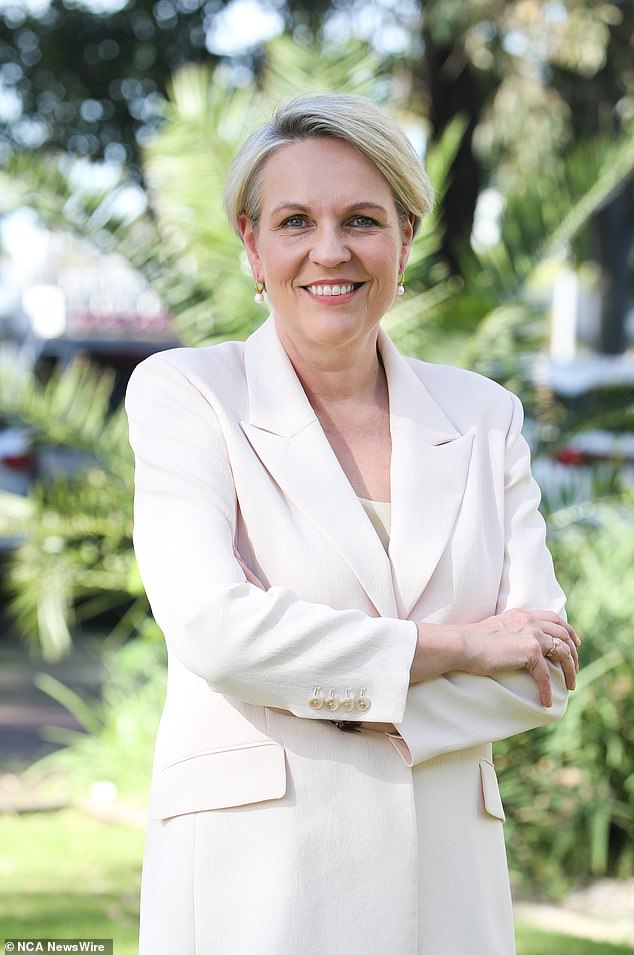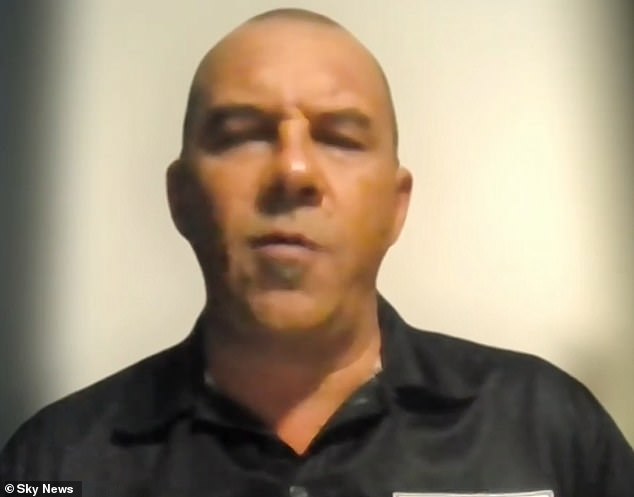An indigenous leader says “identity fraud” involving people falsely claiming Aboriginal heritage is “out of control”.
Metropolitan Local Aboriginal Land Council chief executive Nathan Moran told Sky News interviewer Andrew Bolt on Monday night that more than “40 per cent of people who have identified as Aboriginal were not born Aboriginal”.
Since the 1990s, the number of people identifying as Aboriginal has grown much faster than birth rates of Indigenous children, Moran said.
Mr Moran, whose council covers large areas of Sydney, said a rise in “identity fraud” was causing the “bastardisation of (Aboriginal) culture and heritage”.
“Those who might have discovered an ancestor then begin to speak or claim to speak as an authority above a legislated democratic organization like ours,” Moran said.
Some people who claim indigenous ancestry have been forming “private corporations seeking their own benefit.”
“It’s out of control how many people are self-identifying, taking on roles and jobs and in some cases going on to provide policy advice or speak as authorities on behalf of Aboriginal people when they are not known to be Aboriginal,” Moran told Bolt.
Indigenous identity has become a hot topic after Environment Minister Tanya Plibersek controversially blocked the construction of a tailings dam to service a gold mine in central-west New South Wales to protect Indigenous cultural heritage.
Nathan Moran, chief executive of the Metropolitan Local Aboriginal Land Council, said people “fraudulently” claiming to be indigenous was “out of control.”
The Orange Local Aboriginal Land Council supported the project, but the Wiradyuri Central West Aboriginal Traditional Owners Corporation opposed it, which was one of the reasons Ms Plibersek decided to block the McPhillamys dam proposal.
Mr Moran has previously called for widespread adoption of the Commonwealth’s three-part identity test to deter Australians from falsely identifying themselves as Indigenous.
This test consists of three steps: the applicant must prove that they are of Aboriginal or Torres Strait Islander descent, identify as Aboriginal or Torres Strait Islander and be accepted as such by the community in which they live or previously lived.
A person can demonstrate that they are accepted by an Aboriginal community by providing a letter from the local Aboriginal Land Council or a registered Aboriginal community organisation.
The Metropolitan Aboriginal Land Council previously complained to the NSW Independent Commission Against Corruption about the number of University of Sydney students identifying as Indigenous using statutory declarations.
Mr Moran said there were multiple problems with people usurping Aboriginal authority and identity because it compromises “our ability to speak for our culture and heritage” and “undermines our identity”.
He called for an end to the use of statistical declarations for “self-identification”.
“It’s something we hope the government can address by simply closing the door on self-identification,” Moran said.
‘Not allowing people to get around the law, forcing people to comply with the law, enforcing the law to ensure that people who claim to be Aboriginal are certified and verified by Aboriginal people for their Aboriginal land rights.’

Who speaks for local Indigenous people has been a contentious issue in Environment Minister Tanya Plibersek’s blocking of the location of a proposed dam for the McPhillamys gold project in New South Wales.

